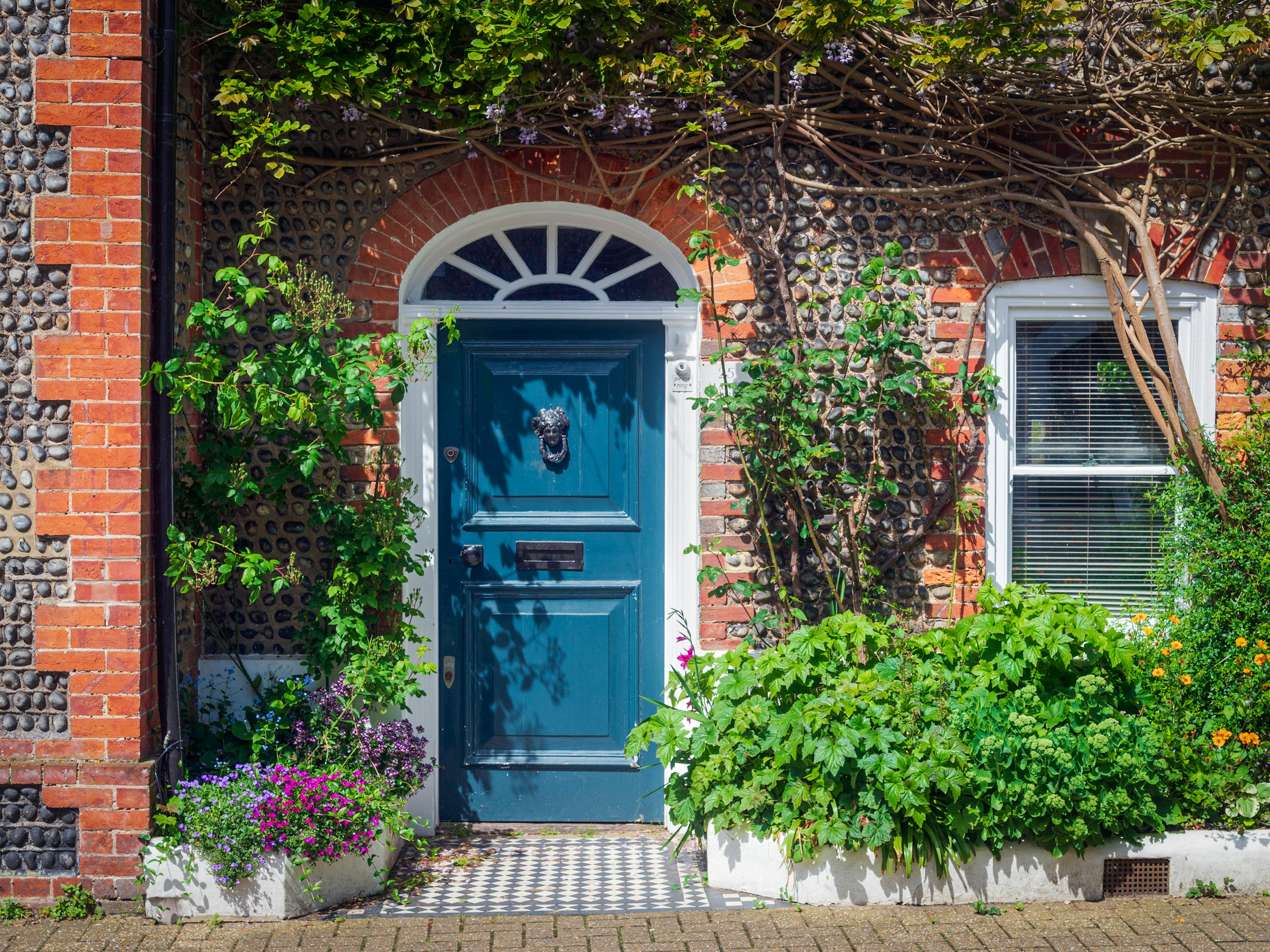Words by Angharad May.
Many foods are closely associated with particular countries, but much of our modern world is comprised of an interconnected web of incorrectly geographically-attributed names with a whole host of foods not originating from where we think they are traditionally from or where their name may suggest. Let’s take a look at five examples:
- French Fries are in fact, the less alliterative, Belgian Fries. The origins of these potato morsels can be traced back to a family manuscript written in 1781. This document instructed that potatoes were to be cut into the shape of fish, fried, and then served as an alternative to the fish normally caught in Belgium’s fishing villages when the Meuse river froze. When First World War British and American soldiers first ate fries along French and Belgian border, the wartime situation prevented them from being certain as to which country they were actually in. Therefore, as everyone spoke French, the name French Fries was coined.
- Caesar Salad bears no connection to Julius Caesar nor the Roman Empire. The famous dressed salad was named after its inventor, Caesar Cardini, in 1924. Despite an Italian-American background, the dish was actually invented in his restaurant in Tijuana, Mexico. Caesar’s Restaurant was famously popular with Americans frustrated by prohibition. Therefore, on one understandably busy 4th July, after a rush of diners wiped out his entire pantry, Cardini had to concoct a dish with whatever he had to hand and lo and behold, the Caesar Salad was born.
- Vindaloo is not Indian? It’s origins lie in a hodgepodge pronunciation of a Portuguese dish, carne de vinha d’alhos. In the 15th century it found its way to India via Portuguese explorers who tailored the dish given the availability of local ingredients. This is when chili was added, imported to India from Portugal’s empire in the Americas. The then British-occupied India exported the vindaloo back home from 1797 to 1813 where it became the blistering curry we now recognise. The Portuguese dish of meat marinated in wine-vinegar and garlic is hidden under a torrid excess of chilies in what we have imagined to be an Indian curry. Tikka Masala is a similar suspect having claimed to have been invented in Glasgow!
- The potato is synonymous with Ireland. In truth, it was the Peruvian Incas who were the first to cultivate potatoes in 8000-5000BC! The potato was brought back to Europe by the Spanish after the Conquistadores conquered Peru in 1536 and by as soon as the end of the 16th century, potatoes were being grown along Spain’s Biscay coast by Basque sailors’ families. A much greater debated issue is whether or not it was Sir Walter Raleigh who brought the potato to Ireland, cultivating the tubers on land near Cork. Either way, the potato’s origins very much lie in Peru.
- Many of us will have visited a certain popular furniture store to buy university supplies and may well have tucked into the iconic Swedish meatballs. Herein lies the curveball; Swedish meatballs are said to be of Turkish origin, based on a recipe King Charles XII brought back from Turkey in the 18th century!  Most countries world over have their own version of meatballs, with the earliest recipes dating from the Chinese Qin Dynasty (221-207BC).


